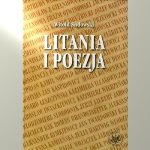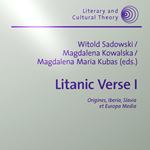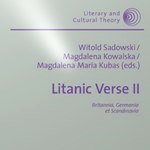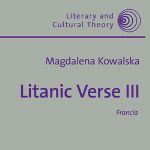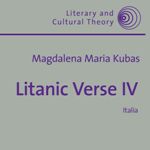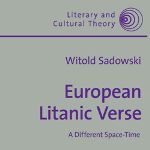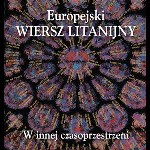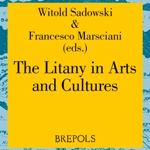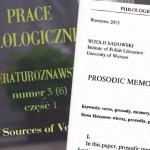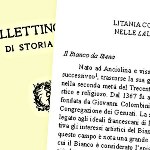Witold Sadowski, Litania i poezja: Na materiale literatury polskiej od XI do XXI wieku (Warszawa: Wydawnictwa Uniwersytetu Warszawskiego, 2011). The first in Polish humanities study on litany written by an academic in the field of theory of literature with the use of the methods of historical and theoretical poetics. The book contains a concise reconstruction […]
